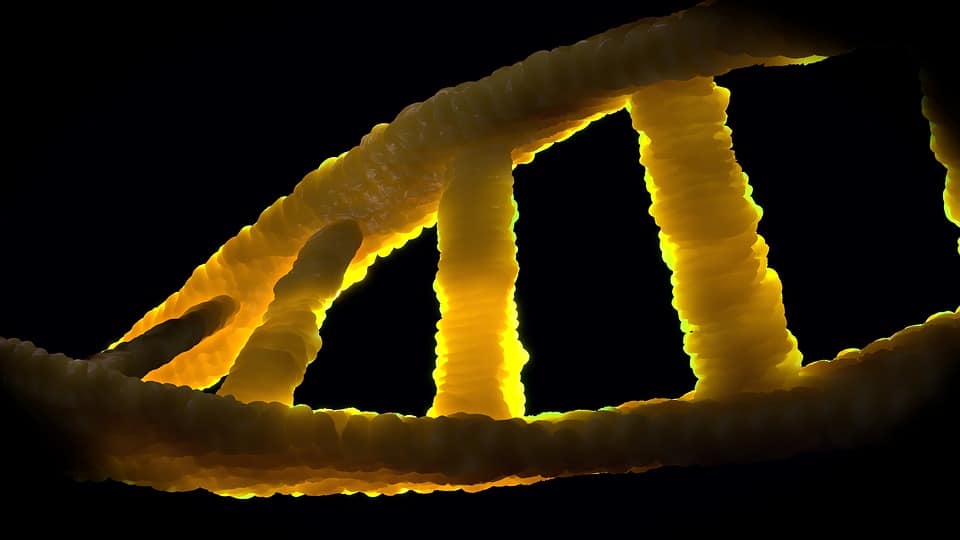
US scientists carry out first editing of human embryos
pharmafile | July 28, 2017 | News story | Medical Communications, Research and Development | biotech, crispr, drugs, gene editing, gene-editing, pharma, pharmaceutical
In what will be regarded as a watershed moment, scientists working at Oregon Health and Science University have used CRISPR technology to successfully edit the DNA of human embryos.
In theory, the embryos were healthy and could have been implanted into a womb to develop fully beyond the few days they were studied – though this was not the intention of the study.
Gene editing is a highly controversial area, with restrictions having been put in place against providing US federal funding in the area and the National Academy of Sciences producing a report suggesting the research should only be used to prevent inheriting serious genetic diseases.
This study sees US scientists begin to experiment in ways that formerly only taken place in China. Chinese scientists had reported three different experiments into using CRISPR technology to edit human embryos.
Two early experiments used defective embryos that would not be able to develop should they be encouraged to beyond embryo stage. However, a third study, that used healthy embryos showed more promise, though the scientists identified high levels of ‘mosaicism’.
Mosaicism is the issue whereby some cells adopt the genetic changes that have modified by the CRISPR technology whereas others do not. It is thought to be dependent on the stage at which the technology is applied, with earlier editing likely to lead to lower levels of mosaicism.
This was reportedly the case in the team working in Oregon, led by Shoukhrat Mitalipov, where editing took place at the same time as the eggs were fertilised with sperm.
In the study, the sperm was donated by men with specific genetic mutations and the scientists successfully used CRISPR technology to eradicate these mutations from the embryonic genome.
Now that research has begun, both in the US and China, it seems to lead in the inevitable direction of the first baby to be born with their genetic code edited by CRISPR technology. As the area advances and scientific knowledge about the genome expands, it could open up an ethical can of worms regarding potential uses of the technique beyond serious genetic risks.
The technique has already been referred to as a possible weapon of mass destruction by a US intelligence officer. The reason being that the successful birth of a gene-edited child could then pass on their edited DNA down through generations of people. It remains a far-fetched plot for a sci-fi novel but serves to highlight divisive nature of the technology.
The full details from the study will be available next month, to be published in a major scientific journal.
Ben Hargreaves
Related Content

FDA approves IMIDEX’s AI-powered device VisiRad XR
The technological pharmaceutical company IMIDEX has been granted clearance from the US Food and Drug …

Artiva Biotherapeutics announces FDA clearance of IND for AlloNK and Rituximab combo
On 16 August 2023, the US Food and Drug Administration (FDA) officially cleared Artiva Biotherapeutics’ …

Zumutor’s cancer drug trial cleared by FDA
On 11 August 2023, the biopharmaceutical company Zumutor Biologics announced that the trial of its …








